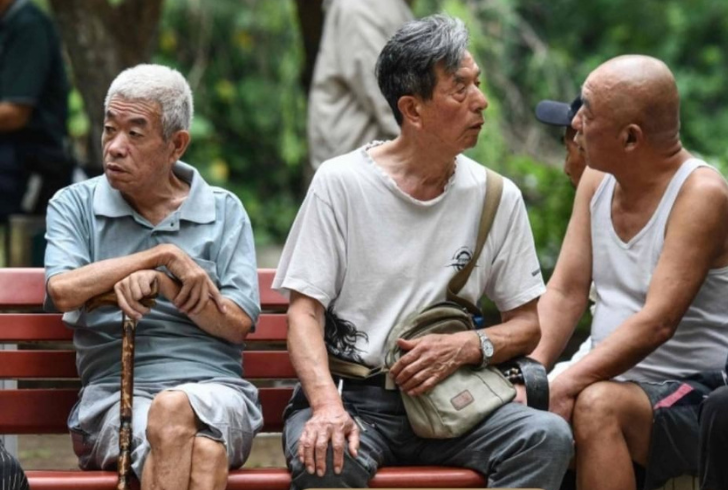In a landmark move, China is set to raise its retirement age for the first time since the 1950s. This significant shift comes as the world's most populous country grapples with an aging population and dwindling pension funds. The change, approved by the top legislative body, marks a turning point in the nation's labor policies and social security system.
The New Retirement Age Landscape
The changes to China’s retirement age are as follows:
1. Women in blue-collar jobs - 50 to 55 years old
2. Women in white-collar positions - 55 to 58 years old
3. Men across all sectors - 60 to 63 years old
These adjustments will be implemented gradually, beginning January 1, 2025. The retirement age will increase incrementally over the next 15 years, allowing workers and businesses time to adapt to the new system.

Instagram | the_workers_rights | China faces a demographic shift with a declining birth rate, increasing life expectancy, and a growing elderly population.
China's decision to adjust the retirement age stems from several pressing factors:
An Aging Population
The country's demographic landscape is rapidly changing. By 2040, it's projected that nearly a third of China's population—about 402 million people—will be over 60 years old. This shift poses significant challenges to the nation's economy and social welfare systems.
Pension Fund Concerns
The state-run Chinese Academy of Social Sciences raised alarm bells in 2019 when it predicted that the country's main state pension fund could run dry by 2035. This forecast, made before the economic impact of the COVID-19 pandemic, underscores the urgency of the situation.
Workforce Dynamics
Over the next decade, approximately 300 million Chinese workers aged 50 to 60 are set to exit the workforce. This mass retirement wave, equivalent to nearly the entire population of the United States, threatens to create a substantial labor shortage and economic strain.
Implementation and Challenges
The new retirement age policy isn't just about numbers—it's a complex transition that will affect millions of lives. Here's what you need to know about the implementation:
1. Gradual increase - The retirement age will be raised incrementally over 15 years, starting from 2025.
2. No early retirement - Retiring before the statutory age will not be permitted, though delayed retirement of up to three years will be allowed.
3. Increased contributions - Beginning in 2030, employees will need to make larger contributions to the social security system to receive pensions.
4. Long-term planning - By 2039, workers will need to have contributed to the system for 20 years to access their pensions.
Public Reaction
The announcement of a change in retirement age has sparked diverse reactions among Chinese citizens. While some understand the necessity of the policy, others express concern about its impact on their lives and careers.
One social media user commented, "In the coming years, we might see retirement pushed back even further. It's a worrying trend for workers."
Another perspective offered a more balanced view - "This change was inevitable. Many European countries already have higher retirement ages. It's a global trend we're now following."
Looking to the Future

Instagram | chinalabourbulletin | The success of the new retirement age policy will hinge on workplace adaptations for older employees.
As China navigates this significant policy shift, the government faces the challenge of balancing economic necessities with social expectations. The success of the new retirement age policy will depend on factors such as:
1. Workplace adaptations for older employees
2. Healthcare improvements to support an aging workforce
3. Economic policies to stimulate job creation for younger workers
The China retirement age adjustment is more than just a policy change—it's a reflection of China's evolving society and economy. As the nation adapts to its new demographic reality, the world watches closely, recognizing that China's approach to this challenge could offer valuable lessons for other countries facing similar issues.
This shift in China’s retirement age policy represents a crucial step in addressing the country's demographic challenges. As the policy unfolds over the coming years, its impact on workers, businesses, and the overall economy will be closely monitored, potentially shaping future labor and social security policies not just in China but around the world.



